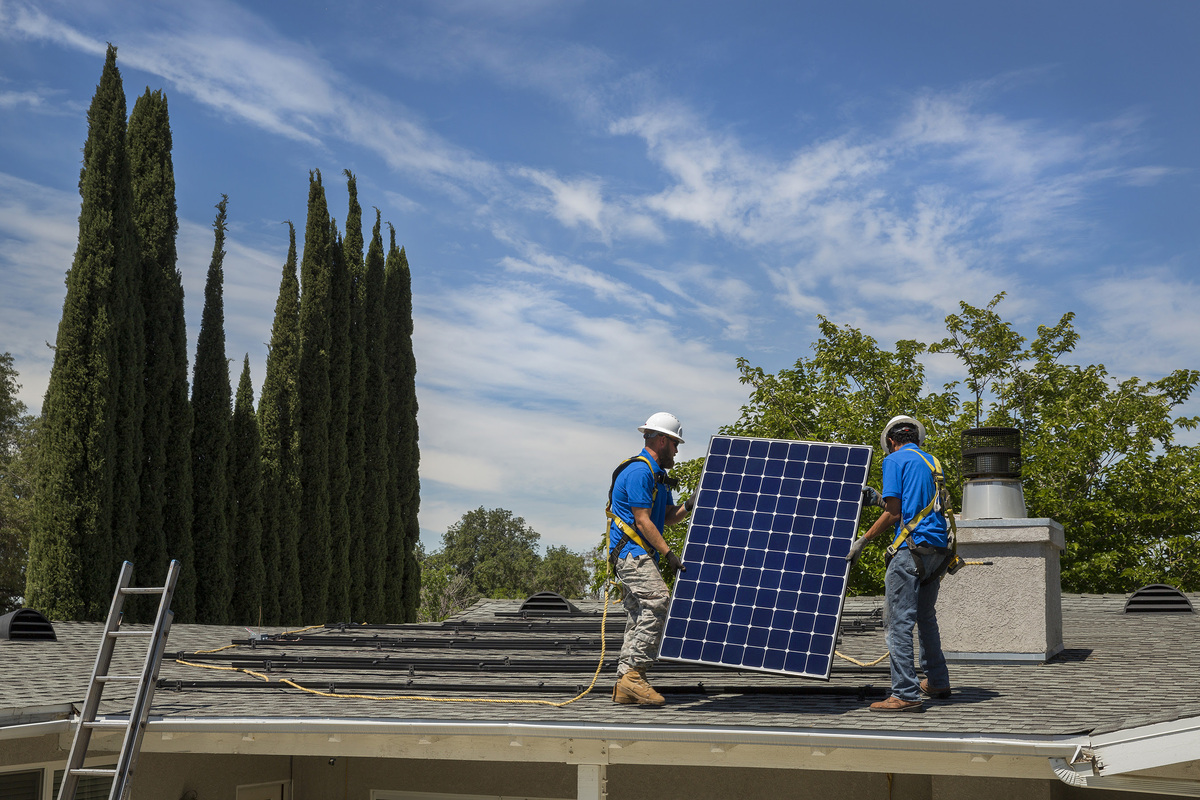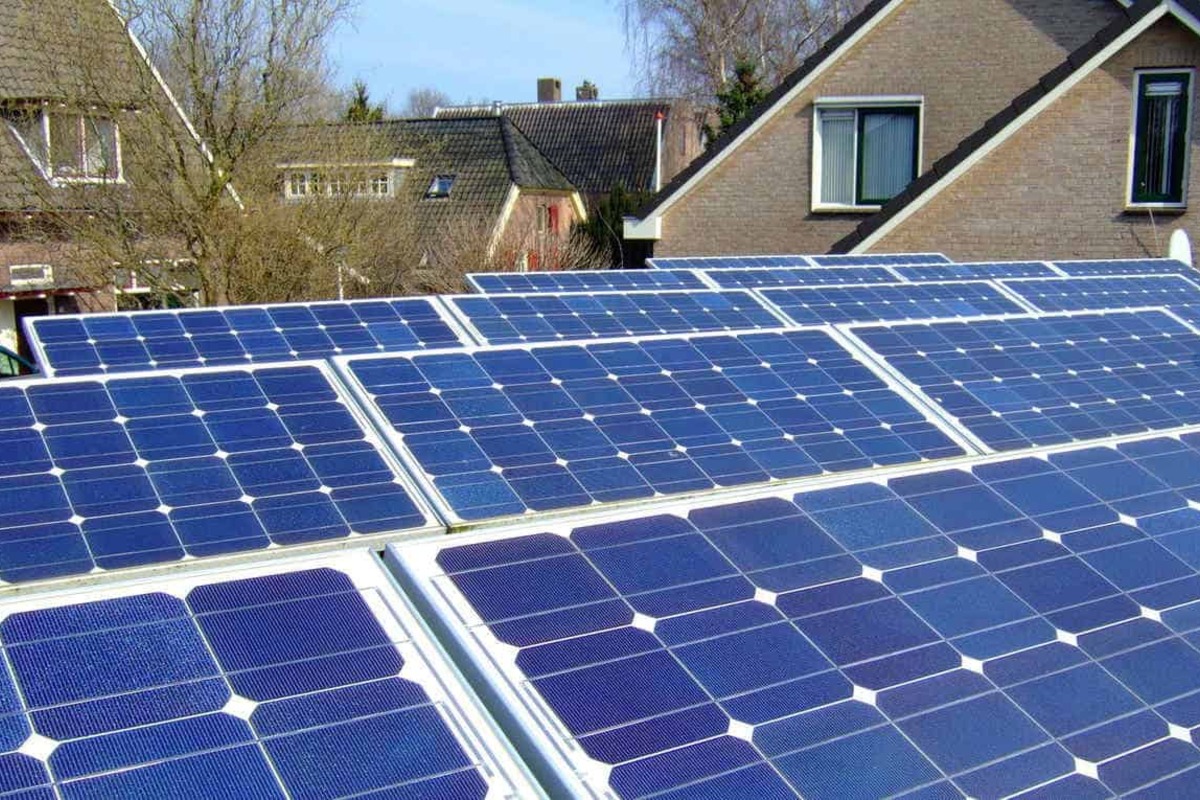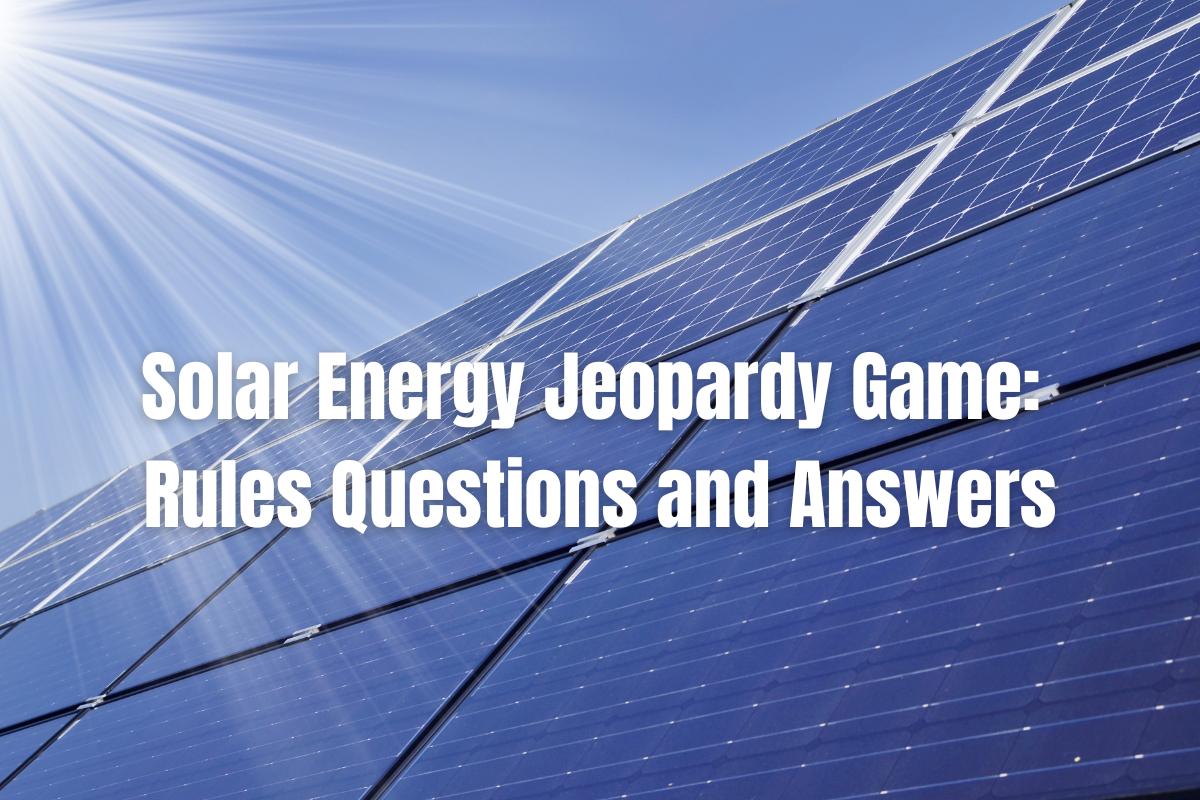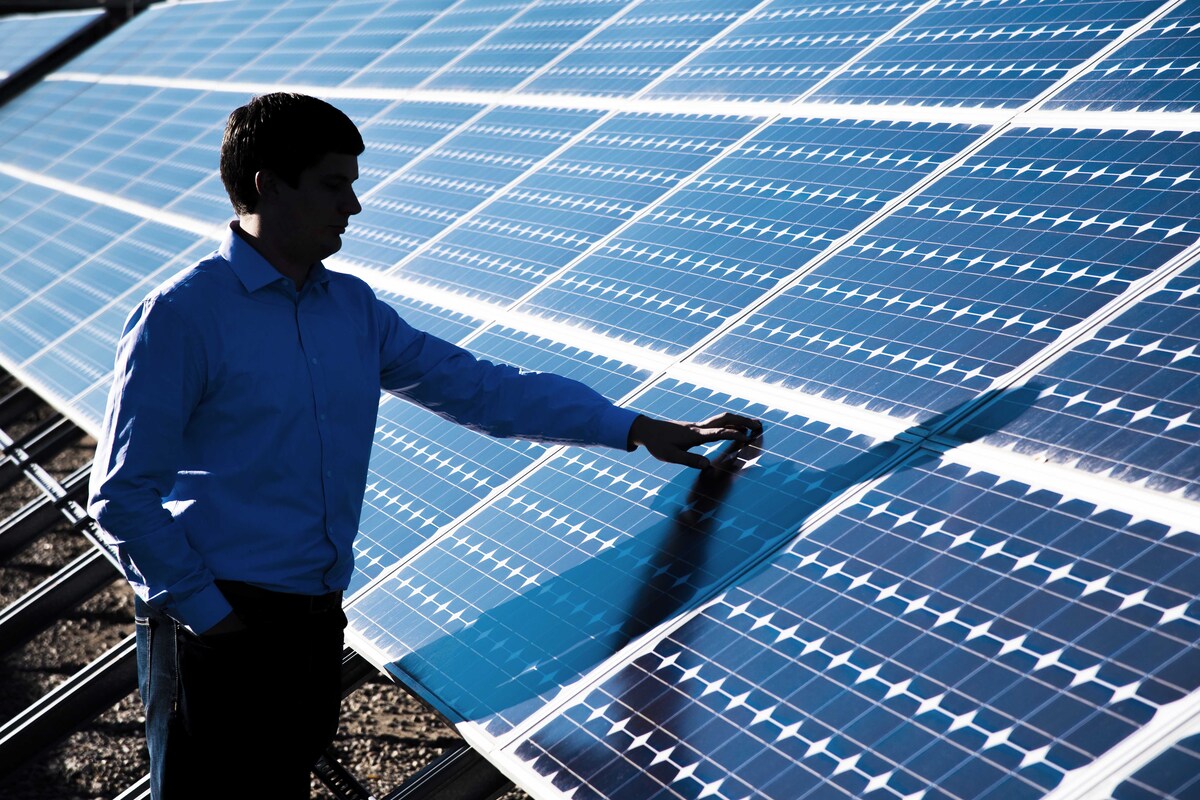If the cost of purchasing top-quality solar panels for your home and contributing to environmental sustainability is a concern, there’s an alternative worth considering.
Leasing solar panels offers a way to embrace solar energy without facing the initial financial burden. Rather than buying and installing the panels outright, you can opt for a solar panel lease arrangement that allows you to access and utilize the energy they generate.
In this article, we’ll look at the differences between buying solar panels and leasing them.
Buying Vs. Leasing
When you choose to buy solar panels, you might have the option of a payment plan, although this availability can vary. Additionally, purchasing solar panels often comes with potential state-based incentives or manufacturer reimbursements, further reducing costs.
Still, acquiring solar panels through purchase generally requires an initial investment. For accurate cost estimates, it’s advisable to obtain quotes from your selected solar companies or installers.
On the other hand, leasing solar panels presents a more accessible path to adopting solar energy for individuals who may lack the immediate financial resources required for an upfront investment in solar panels.
However, it’s important to note that unlike purchasing solar panels outright or using a payment plan to acquire them, leasing involves not owning the panels themselves. Instead, a third party retains ownership of the equipment.

Comparing the Two in Terms of Payment Option
There are several factors to consider when looking at payment options for the purchase or leasing of solar panels.
Opting to purchase solar panels becomes the wiser financial choice if you have the necessary funds at your disposal. Despite the average installation cost of around $18,000, the typical timeframe to fully recoup the investment through energy savings ranges from seven to 10 years. Ownership also opens the door to federal tax credits and reimbursements.
Alternatively, leasing solar panels might require little to no upfront payment. Although you wouldn’t be eligible for tax credits or reimbursements, this approach enables you to quickly realize utility bill savings and environmental benefits, even if you’re unable to make an independent investment in the panels.
Solar loans typically span around 20 years, although shorter-term options are available. Given that the average payback period for solar panel ownership is seven to 10 years, opting to own the panels ultimately offers better long-term savings.
Which is Better?
Long story short, buying is best if you have the funds right away. While the initial cost of purchasing solar panels is a significant consideration, these panels typically recoup their cost and begin generating savings within a relatively short period—often less than 10 years.
Subsequently, the ongoing energy savings contribute to long-term financial benefits.
Meanwhile, leasing is best if you want to go solar but don’t have enough funds at hand. It offers the advantage of immediate utility bill reductions and environmental impact without a substantial upfront expenditure.
Depending on the specific lease program and its terms, there might be an option to purchase the solar panels at the conclusion of the agreement.




